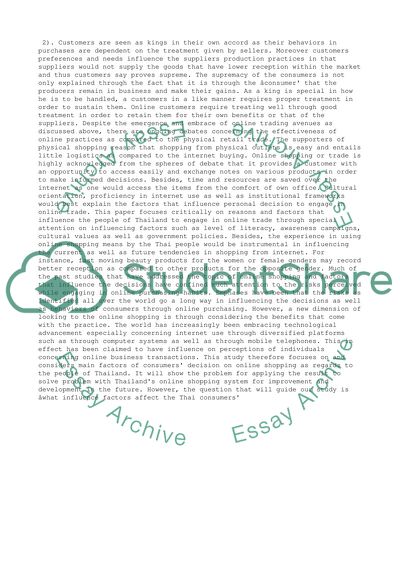Cite this document
(“The influence factors that affect to the Thai consumers' decision on Dissertation”, n.d.)
The influence factors that affect to the Thai consumers' decision on Dissertation. Retrieved from https://studentshare.org/business/1480599-the-influence-factors-that-affect-to-the-thai
The influence factors that affect to the Thai consumers' decision on Dissertation. Retrieved from https://studentshare.org/business/1480599-the-influence-factors-that-affect-to-the-thai
(The Influence Factors That Affect to the Thai consumers' Decision on Dissertation)
The Influence Factors That Affect to the Thai consumers' Decision on Dissertation. https://studentshare.org/business/1480599-the-influence-factors-that-affect-to-the-thai.
The Influence Factors That Affect to the Thai consumers' Decision on Dissertation. https://studentshare.org/business/1480599-the-influence-factors-that-affect-to-the-thai.
“The Influence Factors That Affect to the Thai consumers' Decision on Dissertation”, n.d. https://studentshare.org/business/1480599-the-influence-factors-that-affect-to-the-thai.


